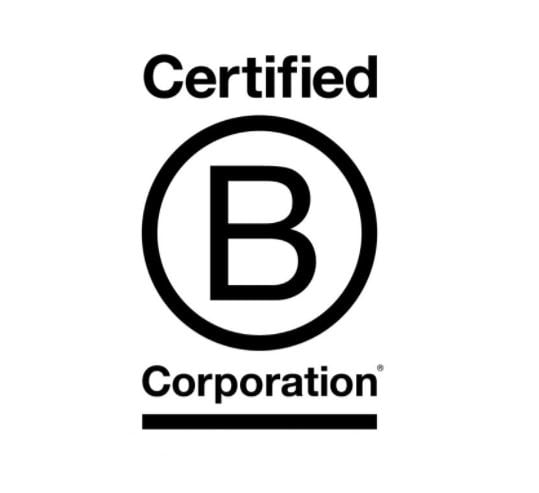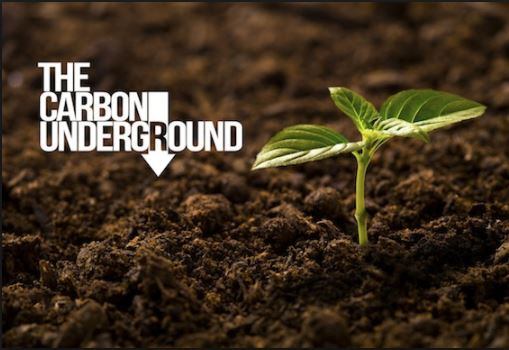B Corp Certification is managed by the nonprofit B Lab, an organization that promotes the development of innovative corporate structures that benefit the company and the society and surrounding community in which it operates.
“While there are other certifications that are able to certify specific aspects of a business such as a certified organic product or certified organic ingredient, there’s no other certification that I’m aware of that looks at the entire value chain – the practices, policies, commitments, for how you operate,” Deanna Bratter, director of sustainability for Danone North America, told FoodNavigator-USA
There are more than 2,400 Certified B Corporations worldwide and Danone North America will join seven other subsidiaries of the food and beverage

giant that have previously received the certification including Danone UK, Danone S.A., and Agua Danone Argentina.
Bratter added that Danone North America’s large size and scale means it can drive more impact and encourage other multinational companies to join the “B Corp movement.
“People rightly expect large organizations like Danone to use their scale for positive impact while demanding transparency, authenticity and action. It’s time to make sustainable business the only way of doing business,” Emmanuel Faber, Danone chairman and CEO, said.
Danone intends to become B Corp Certified across all of its subsidiaries.
Culture of continuous improvement
To obtain a B Corp Certification, companies must complete a "B Impact Assessment" survey and earn an audited minimum score of 80 out of 200 with the goal of continuously improving that score every two years when it goes through a required re-certification process.
Danone North America received a score of 85 in its B Assessment, a process which involved answering a series of 1,500 questions about its company and operations.
“We’re really happy with our score of 85,” Bratter said. “We definitely plan on using the continued evolution of our integration and our rebranded Danone North America as a catalyst to rally employees to continue to look for opportunities to improve.”
B Corp Certification promotes corporate accountability
Danone North America arguably already had a mature environmental and sustainability plan of its own in place before becoming a B Corp including its zero net carbon emissions by 2050 goal or its Dannon Pledge involving non-GMO commitment programs, but according to Bratter being certified by the B Lab brings it closer to “radical transparency.
“One of the things we like most about the B Corp certification is that it helps us by integrating the social, the people, the human health, and the environmental health into one benchmark and one certification that we can look to,” she said.
Part of being a B Corp means your sustainability progress is publicly tracked on the organization's website and is broken out into categories such as environment, workers, community, and governance.
“When you’re talking about radical transparency this is putting it out on the table in terms of how we scored and where we stack up across our businesses,” Bratter said.

Danone North America along with Ben & Jerry's (Unilever), Annie's (General Mills), and MegaFood began development of a global verification standard for food grown in a regenerative manner. The standard seeks to encourage farmers to restore the carbon cycle and build soil health, crop resilience, and nutrient density.
This work builds upon the Regenerative Agriculture Definition created in 2017 by The Carbon Underground.
What comes first?
According to Bratter, it will be putting much of its first environmental efforts as a newly minted B Corp towards advancing regenerative agriculture practices and soil health since it relies heavily on the agriculture sector due to its large dairy portfolio.
Danone North America announced last month that it would commit up to $6m over the next five years on a soil health research program. The goal of the program is to develop new ways to regenerate soils, enhance organic matter and soil fertility through carbon sequestration and reduced chemicals use as well as working with farmers on soil health best practices, the company said.
“We really see our role in the regenerative conversation as continuing to build off of the commitment to agriculture and soil health that we have had for quite some time,” Bratter said.
